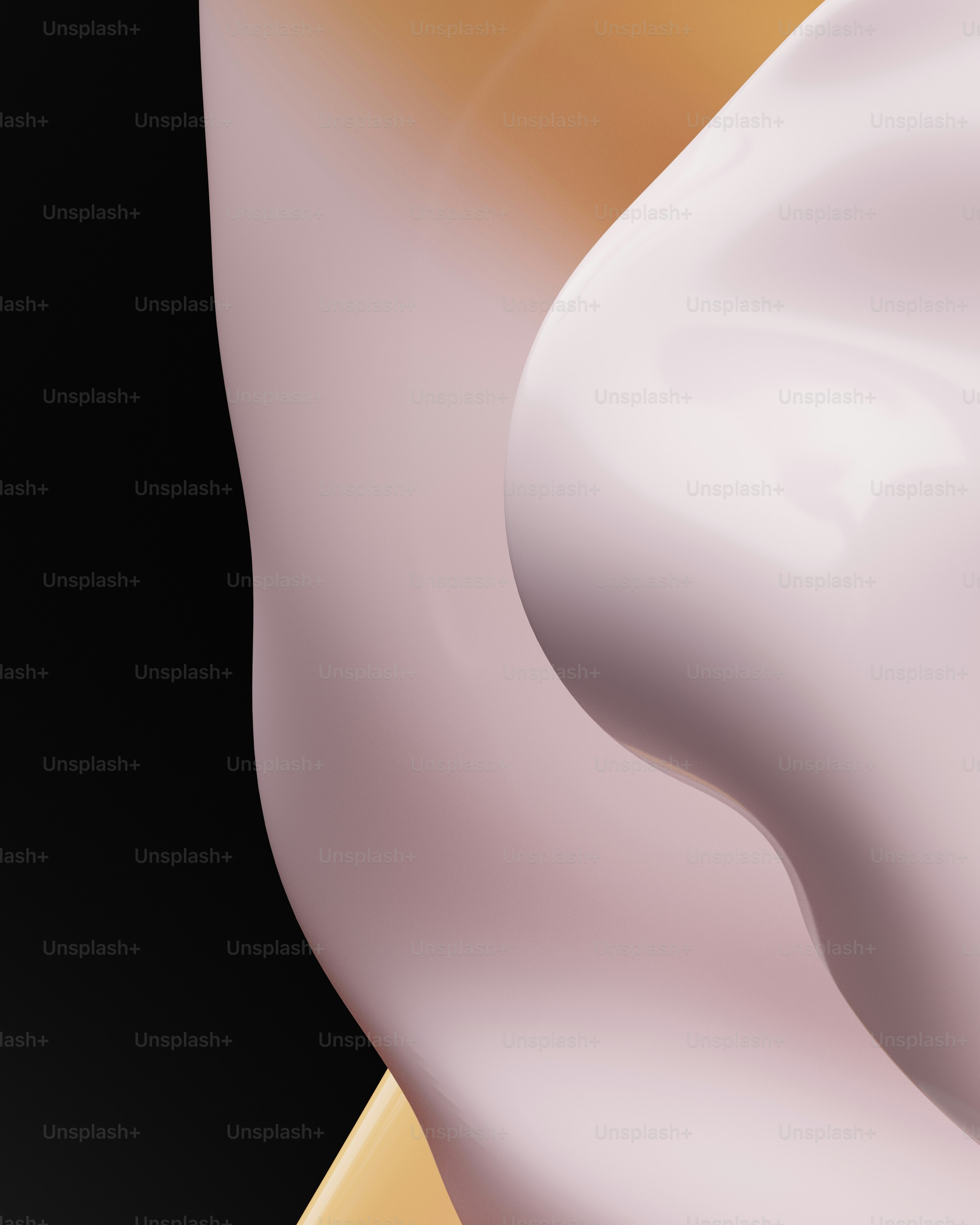danielaulm404
About danielaulm404
Observational Insights into the Treatment of Consuming Disorders: Patterns And Perspectives
Consuming disorders (EDs) signify a posh and multifaceted group of psychological well being circumstances characterized by severe disturbances in eating behaviors, physique image, and weight regulation. The treatment of consuming disorders is a essential space of focus for healthcare professionals, as these situations can have profound and lasting results on physical and psychological well being. This text presents observational insights into the treatment of consuming disorders, exploring the assorted approaches employed, the challenges faced, and the perspectives of each patients and suppliers.
Understanding Eating Disorders
Consuming disorders encompass a range of conditions, together with anorexia nervosa, bulimia nervosa, binge eating disorder, and different specified feeding or consuming disorders. Every of these conditions presents distinctive challenges and requires tailored treatment strategies. Widespread features of those disorders include preoccupation with food, physique image distortion, and dysfunctional eating behaviors. The prevalence of eating disorders has been rising, prompting an urgent need for efficient treatment options.
Treatment Modalities
The treatment of consuming disorders typically entails a multidisciplinary method, integrating medical, nutritional, and psychological interventions. Observational research highlights several key modalities employed in the treatment of EDs:
- Psychotherapy: Cognitive-behavioral therapy (CBT) is among the most generally used therapeutic approaches for treating consuming disorders. CBT focuses on figuring out and altering destructive thought patterns and behaviors related to meals and physique image. Family-based mostly therapy (FBT) is one other efficient strategy, significantly for adolescents, where the household is involved in the treatment course of to help the affected person’s restoration.
- Nutritional Counseling: Nutritional rehabilitation is essential within the treatment of eating disorders. Registered dietitians work with patients to develop healthy consuming patterns, educate them about nutrition, and help them restore a balanced relationship with meals. The aim is to deal with malnutrition and promote bodily well being whereas fostering a positive physique image.
- Medical Intervention: In some cases, medical treatment may be needed, especially for people with severe malnutrition or medical complications related to their consuming disorder. This will embrace hospitalization, treatment administration, and close monitoring of bodily well being.
- Help Teams: Peer assist performs an important position in recovery. Assist groups provide a secure house for people to share their experiences, challenges, and successes. These teams can foster a sense of community and cut back emotions of isolation, which are widespread amongst those suffering from eating disorders.
Challenges in Treatment
Despite the availability of assorted treatment modalities, several challenges persist in the efficient treatment of consuming disorders. Observational research reveal that many patients face boundaries to accessing care, together with stigma, lack of awareness, and financial constraints. Additionally, the chronic nature of consuming disorders usually results in relapses, making sustained recovery a significant hurdle.
One of many crucial challenges in treatment is the need for individualized care. Eating disorders manifest in another way in each individual, and what works for one person might not be effective for an additional. This necessitates a comprehensive assessment of every patient’s unique needs, preferences, and circumstances, which might be useful resource-intensive and time-consuming.
Moreover, the integration of care amongst completely different providers—such as therapists, dietitians, and medical professionals—can be complicated. Effective communication and collaboration among the treatment team are important to ensure a cohesive method to care. Observational analysis indicates that a lack of coordination can result in fragmented treatment, negatively impacting patient outcomes.
Perspectives of Patients and Suppliers
Observational analysis also sheds mild on the perspectives of each patients and providers relating to consuming disorder treatment. Patients often express a need for empathetic and understanding care. Many report feeling misunderstood or judged by healthcare professionals, which can hinder their willingness to seek assist. The importance of constructing a therapeutic alliance based on belief and respect can’t be overstated.
Providers, on the other hand, emphasize the need for ongoing education and training in the treatment of eating disorders. Many healthcare professionals feel inadequately prepared to address these complicated circumstances, highlighting the necessity for specialized coaching programs. Additionally, suppliers often advocate for a extra holistic method that considers the interplay of psychological, social, and biological factors in the event and treatment of consuming disorders.
The Role of Technology in Treatment
In recent times, know-how has begun to play a big position within the treatment of consuming disorders. Telehealth providers have expanded access to care, notably for individuals in distant areas or those who may have issue attending in-particular person periods. Online assist groups and apps designed to advertise healthy eating and body picture have additionally gained reputation.
Observational studies recommend that expertise can improve treatment engagement and provide extra resources for patients. Nonetheless, concerns in regards to the potential for expertise to exacerbate symptoms—such as selling unhealthy comparisons on social media—underscore the necessity for careful consideration of its position in treatment.
Conclusion
The treatment of eating disorders is a fancy and evolving field that requires a comprehensive and individualized method. If you cherished this article and also you would like to obtain more info about drugs for impotence kindly visit the web site. Observational insights reveal the importance of integrating varied treatment modalities, addressing boundaries to care, and fostering collaboration among suppliers. Because the understanding of consuming disorders continues to grow, so too does the need for ongoing research and innovation in treatment methods. By prioritizing patient-centered care and promoting a compassionate and supportive atmosphere, healthcare professionals will help pave the best way for restoration and improved high quality of life for individuals struggling with eating disorders.
No listing found.
